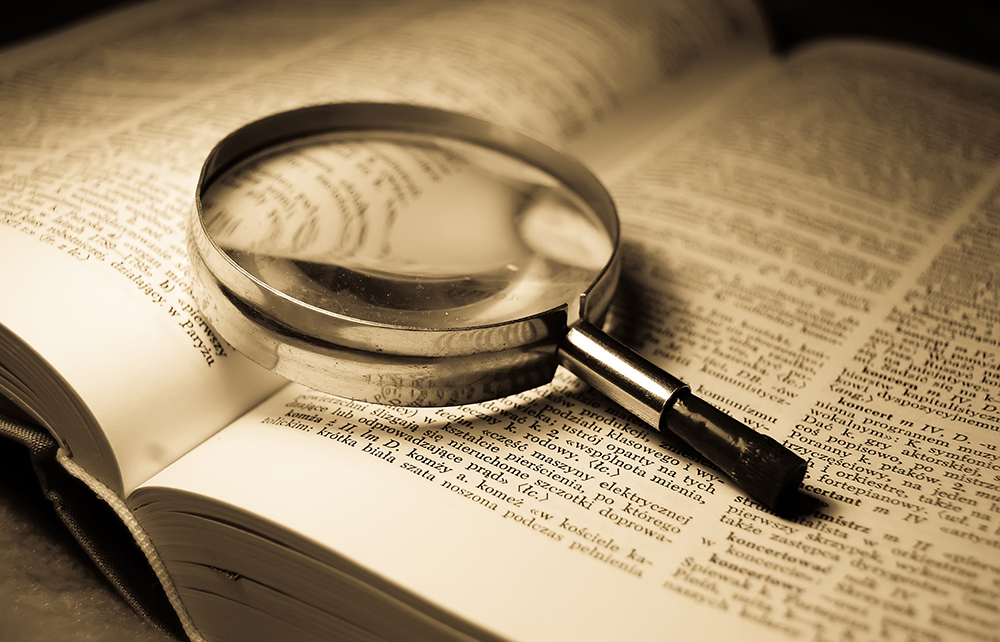I grabbed my husband by the lapel outside Waitrose and he leapt – if not like a young deer, then like a deer in retirement that had spent a long time grazing undisturbed in a bean field. ‘Sorry, darling,’ he exclaimed. ‘I didn’t recognise you.’
It was not as though I was wearing a balaclava. Recognition can say as much about the recogniser as the recognised. It’s particularly true of recognising a ‘characterisation’, a fancy word for a description. When the PM was asked in a Commons committee before Christmas whether he recognised the characterisation of ‘a Blob wandering down Whitehall thwarting the ambitions of ministers’, he replied ‘No.’ He’s not the only one. Asked about a ‘fire sale’ of land bought for HS2 that would cost the taxpayer more than £100 million, a spokesman for the Department for Transport told the Times: ‘This characterisation is simply wrong, and we do not recognise these figures.’ Asked about the US privately urging Britain to designate Iran’s Islamic Revolutionary Guard Corps as terrorists, a source close to the Foreign Secretary said that such a description of conversations ‘was not a characterisation we recognise’. Government officials fail to recognise things so often that it is surprising they don’t bump into objects in the street. This characterisation-blindness has spread to the Guardian, whose editor, asked if the paper had silenced gender-critical writers, said she did not ‘recognise that characterisation’ of events. Such refusal to recognise things is not like refusing to recognise the self-styled government of Transnistria. Is it simply that someone would prefer not to describe something in such a way? Asked about the defeat of his party in a general election, would a departing PM say he did not recognise the victory of the opposition characterised as a defeat for him? The furniture removers would still be calling at No. 10.





Comments